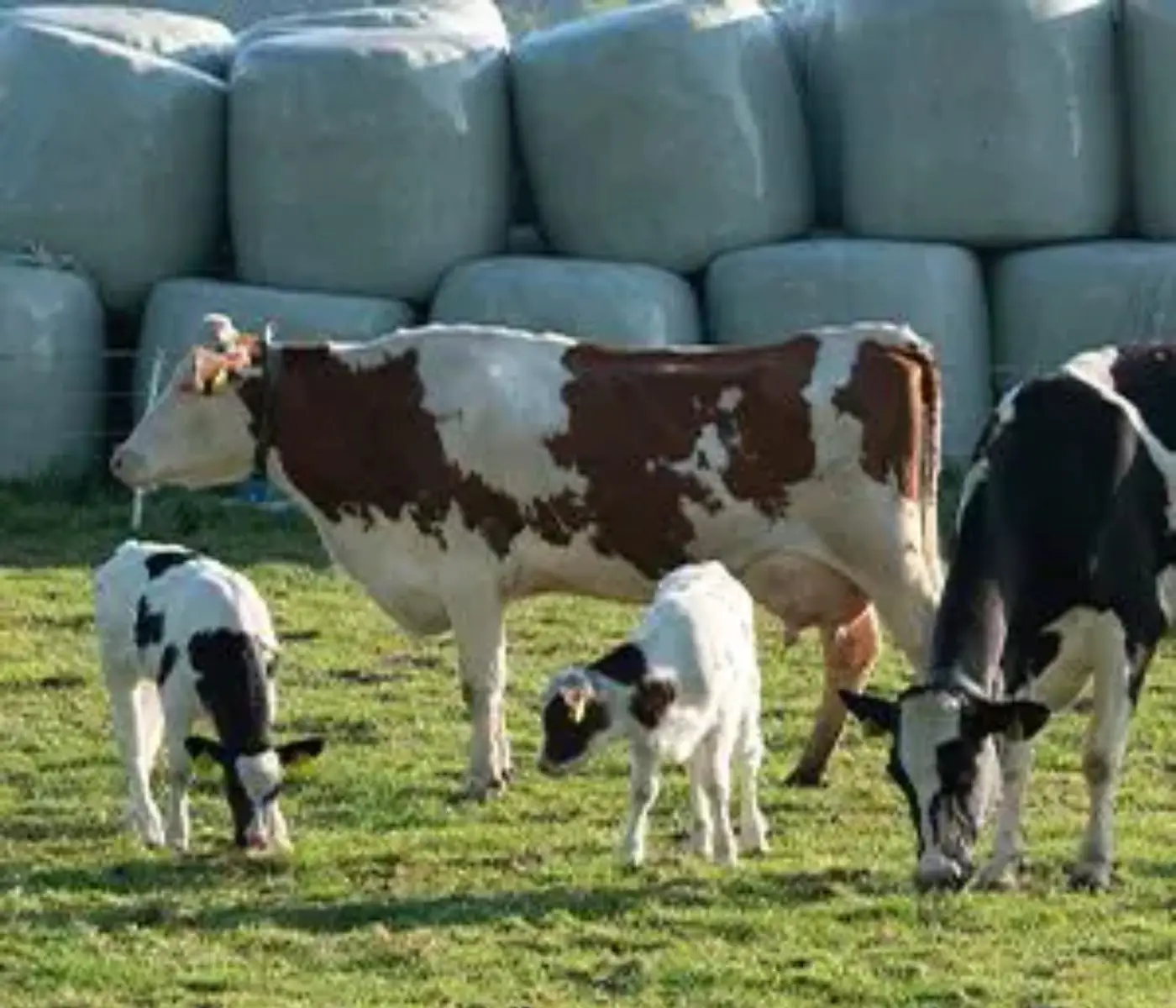 05 Sep 2024
05 Sep 2024
A recent study highlights the impact of maternal metabolic profile and seasonality on the health and metabolism of Holstein calves.
 Led by Fernanda Carolina Ramos dos Santos and her team from the University of São Paulo and the Federal University of Paraná, the study examines how these factors influence the health and immunity of calves during their first month of life.
Led by Fernanda Carolina Ramos dos Santos and her team from the University of São Paulo and the Federal University of Paraná, the study examines how these factors influence the health and immunity of calves during their first month of life.
Influence of Maternal Metabolic Profile
The study evaluated 28 Holstein cows and their calves, divided into two groups based on high or low levels of various maternal metabolic variables:
Significant differences were found between calves from high and low BCS mothers.
Cows with higher BCS tended to have larger calves, but these calves also had a higher prevalence of diarrhea. On the other hand, cows with lower BCS produced calves with a stronger innate immune response, indicated by higher production of reactive oxygen species (ROS). Additionally, calves from cows with metabolic changes during parturition showed elevated Hp concentrations, a marker of inflammation.
![]() These results underscore the importance of the prenatal period in determining neonatal health and suggest that maternal metabolic factors may have lasting effects on calf health and growth.
These results underscore the importance of the prenatal period in determining neonatal health and suggest that maternal metabolic factors may have lasting effects on calf health and growth.
Effects of Seasonality
The study also compared calves born in spring and winter, finding that spring-born calves were larger but had lower concentrations of IgG and a reduced innate immune response compared to those born in winter. They also showed higher concentrations of Hp and a greater prevalence of diarrhea by day 28.
![]() This suggests that seasonality may influence neonatal health, possibly due to different climatic and management conditions.
This suggests that seasonality may influence neonatal health, possibly due to different climatic and management conditions.
Implications for Livestock Management
These findings have important implications for reproductive and health management in the dairy industry. The study suggests that proper management of the cows’ metabolic profile during gestation and consideration of seasonal effects can improve calf health and immunity. It also highlights the need for adequate maternal nutrition to ensure good fetal development and better neonatal immune response.
| This study provides insight into how maternal metabolic factors and seasonality affect the health and immunity of Holstein calves. Its results could guide future management practices to enhance reproductive efficiency and livestock health. |
You may also like to read: “Boosting Dairy Nutrition: FTMR’s Impact on Holstein Cow”
Subscribe now to the technical magazine of animal nutrition
AUTHORS

Nutritional Interventions to Improve Fertility in Male Broiler Breeders
Edgar Oviedo
The Use of Organic Acids in Poultry: A Natural Path to Health and Productivity
M. Naeem
Synergistic Benefits of Prebiotics and Probiotics in Poultry, Swine, and Cattle
Gustavo Adolfo Quintana-Ospina
Hybrid Rye Potential in Laying Hen Feed Rations
Gwendolyn Jones
A day in the life of phosphorus in pigs: Part I
Rafael Duran Giménez-Rico
Use of enzymes in diets for ruminants
Braulio de la Calle Campos
Minerals and Hoof Health in the Pregnant Sow
Juan Gabriel Espino
Impact of Oxidized Fats on Swine Reproduction and Offspring
Maria Alejandra Perez Alvarado